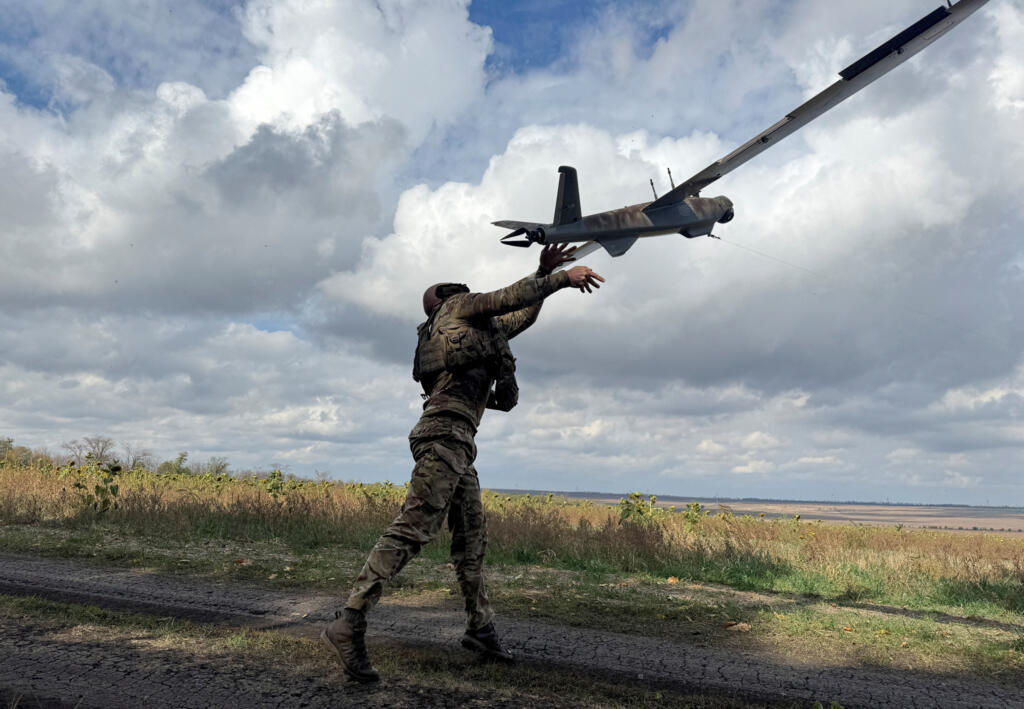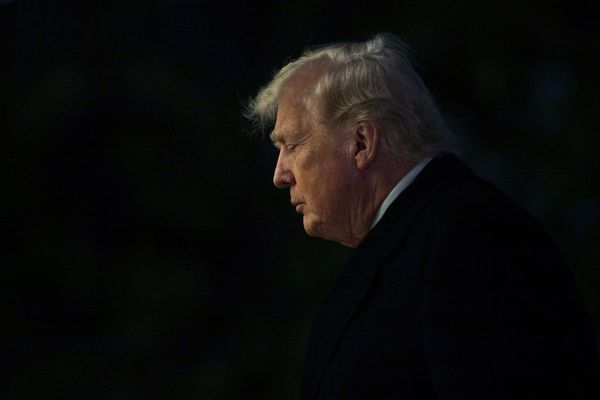
European Commission President Ursula von der Leyen has urged the EU to step up its response to Russia’s 'hybrid war', unveiling plans to strengthen Europe’s defences against escalating threats.
Speaking to MEPs in Strasbourg, European Commission president Ursula von der Leyen has warned that the continent is facing a deliberate and escalating “hybrid warfare” campaign from Russia – airspace violations, drone overflights of military bases and critical sites, sabotage of undersea cables and a stream of cyber-attacks and malign influence operations.
“Two incidents are coincidence, but three, five, ten – this is a deliberate and targeted grey zone campaign against Europe, and Europe must respond,” she told the European parliament on Wednesday.
Von der Leyen has set out a plan for Europe to become more proactive in addressing emerging threats rather than simply reacting to them.
She said this would require practical, coordinated action across the bloc.
The European Commission will present a “road map” to EU leaders later this month, outlining concrete milestones and targets up to 2030.
“Only what gets measured gets really done,” she said, stressing the importance of turning plans into results.
Poland calls NATO talks after downing Russian drones in airspace breach
'Drone wall' defence
One flagship idea is the so-called “drone wall” – an affordable, high-tech network of sensors and counter-measures able to detect, intercept and, if necessary, neutralise hostile unmanned aircraft.
To date, the European Commission's reasoning has been straightforward – using advanced fighter jets to counter inexpensive drones is neither practical nor cost-effective, so Europe needs defence systems that are better suited to current challenges and more affordable to operate.
Von der Leyen has remarked that Ukraine’s experience – where small drones are intercepted almost daily – offers useful lessons in developing efficient and cost-effective anti-drone technologies.
There is also an economic as well as a security argument, as the Commission wants EU-funded defence work to create jobs at home – at least 65 percent of any project financed with EU money must be sourced within the continent.
Too much procurement has gone to firms outside Europe, so redirecting orders internally would both strengthen supply chains and spread industrial benefits across member states.

Zelensky to urge EU leaders to speed up Europe’s drone shield plan
EU toughens stance in incursions
The recent spate of invasive incidents – reported over Poland, Estonia and Romania, with drone sightings in Denmark, Germany and Belgium, plus undersea cable damage and cyber intrusions – has hardened attitudes.
At a summit in Copenhagen last week, European leaders struck a tougher tone, with French President Emmanuel Macron urging decisive action, including shooting down drones when necessary and targeting shadow fleets that undermine sanctions.
This comes as EU member states have already lifted defence spending to post-Cold War highs, with the bloc now pushing for cooperation on capability projects that can be built at scale across the Union.
Von der Leyen underlined the choice Europe must make, stating: “We either can shy away and watch Russian threats escalate, or we meet them with unity, deterrence and resolve.”
(With newswires)







